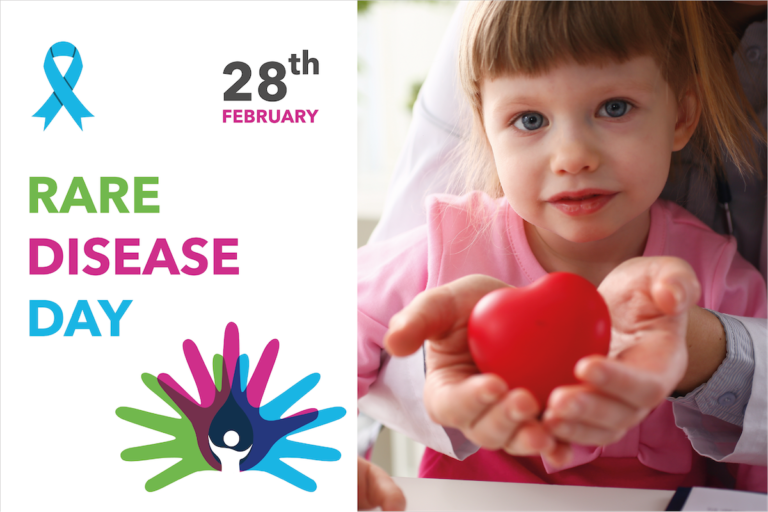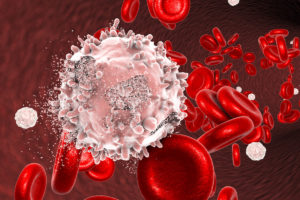February 28 is World Rare Disease Day. A day that, in addition to raising awareness on the topic, aims at stimulating change for the over 300 million people in the world affected by rare diseases, for their families and for those who take care of them.
Some data
A disease is considered rare if it affects no more than five people out of 10’000. Currently, 6’000 to 8’000 rare diseases have been described worldwide.
The impact of genetics
The causes of many rare diseases are to be found in genetics. They often appear at birth or at an early age, while others appear after a long time. For most of them there is no prospect of recovery.
Clinical research and prevention
Clinical research, specifically through early diagnosis, is making a great step forward in rare diseases and obtaining results that were once unthinkable. A precise diagnosis is an essential step before the implementation of a tailor-made therapy, which allows avoiding unnecessary treatments too.
Genetic tests are a fundamental part of the diagnostic process: they allow the identification of gene variations and/or alterations that might be related to hereditary pathologies. They can be performed at different stages: prenatal, neonatal but also on the future parents, at a preconception stage, in the framework of screening for at-risk families.
The Carrier screening test
Considering the possibility of being healthy carriers of a transmissible genetic disease can indeed be important when preparing for a pregnancy. These tests, more and more performed on the whole exome, are getting faster and easier to perform and, with a good information of future parents, the “fear of knowing” is decreasing.
We discussed this point with Dr. Ferrarini, specialist in medical genetics and in pediatrics at Clinica Sant’Anna in Sorengo, Switzerland, who reminded us that genetic tests on future parents are extremely helpful as many things can be done before the birth: from preparing the birth itself to setting up in advance a therapy, like for instance a cardiac surgery in case of an expected cardiopathy. A mass screening is of course not recommended, as these screening programs should be dedicated exclusively and, in this case, highly recommended to at risk families.
The carrier screening test identifies couples with a high genetic risk of being healthy carriers of transmissible diseases such as cystic fibrosis, SMA, fragile X, or Duchenne Muscular Dystrophy and allow their medical genetics specialist to counsel them in the best possible way.
As regards the identification of hereditary pathologies, 4bases has developed a special test, meant for the diagnosis of different types of rare diseases.
ClinEx pro solution analyzes a wide range of genetic diseases, including inherited disease-related genes. The ClinEx pro is allowed for the identification of molecular causes in subjects suffering from conditions not attributable to known pathologies, in subjects affected by genetically heterogeneous diseases and complex syndromic pictures. The kit contains all reagents required for the preparation of the capture of specifically designed probes and for the NGS analysis using Illumina.





